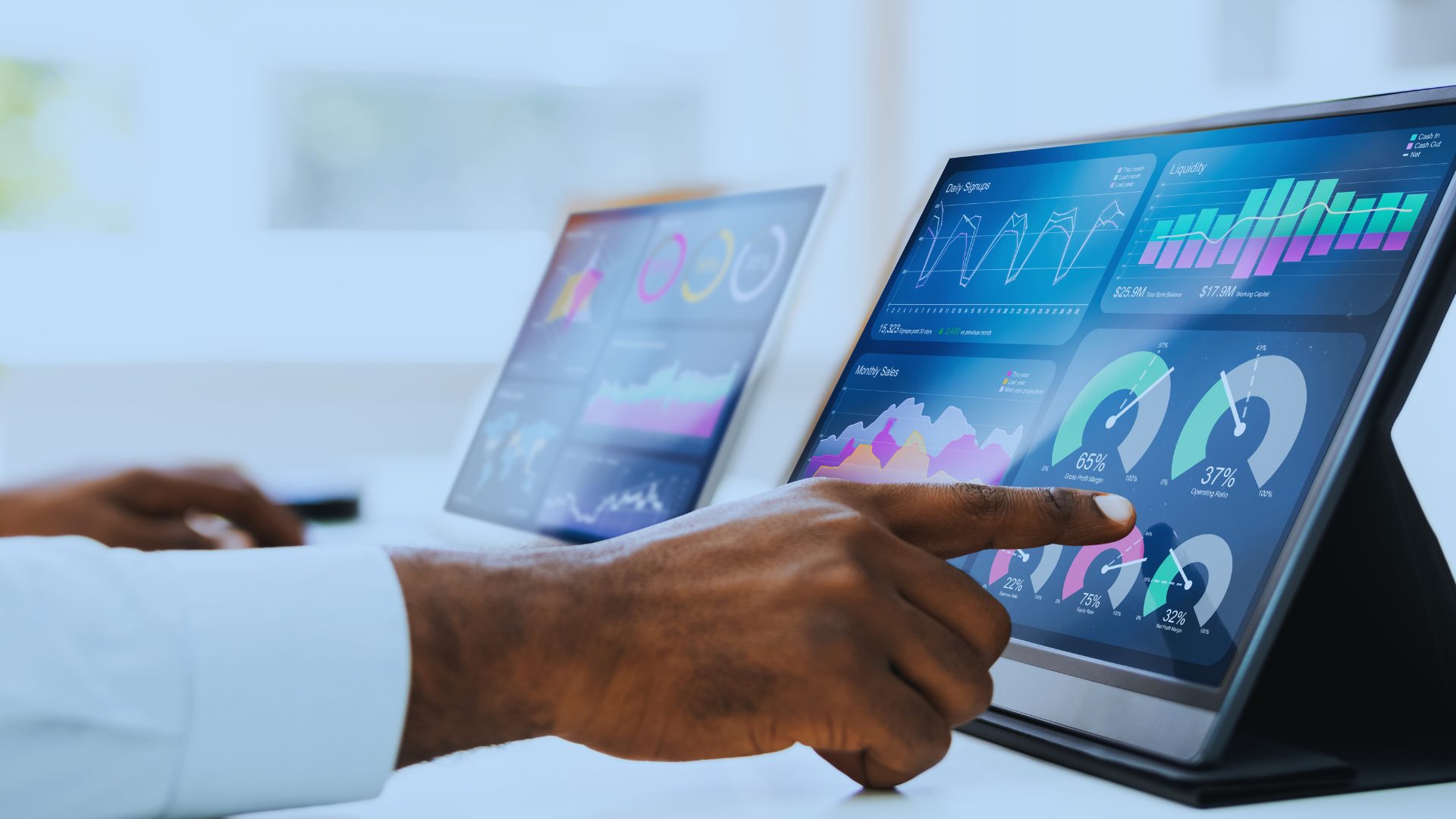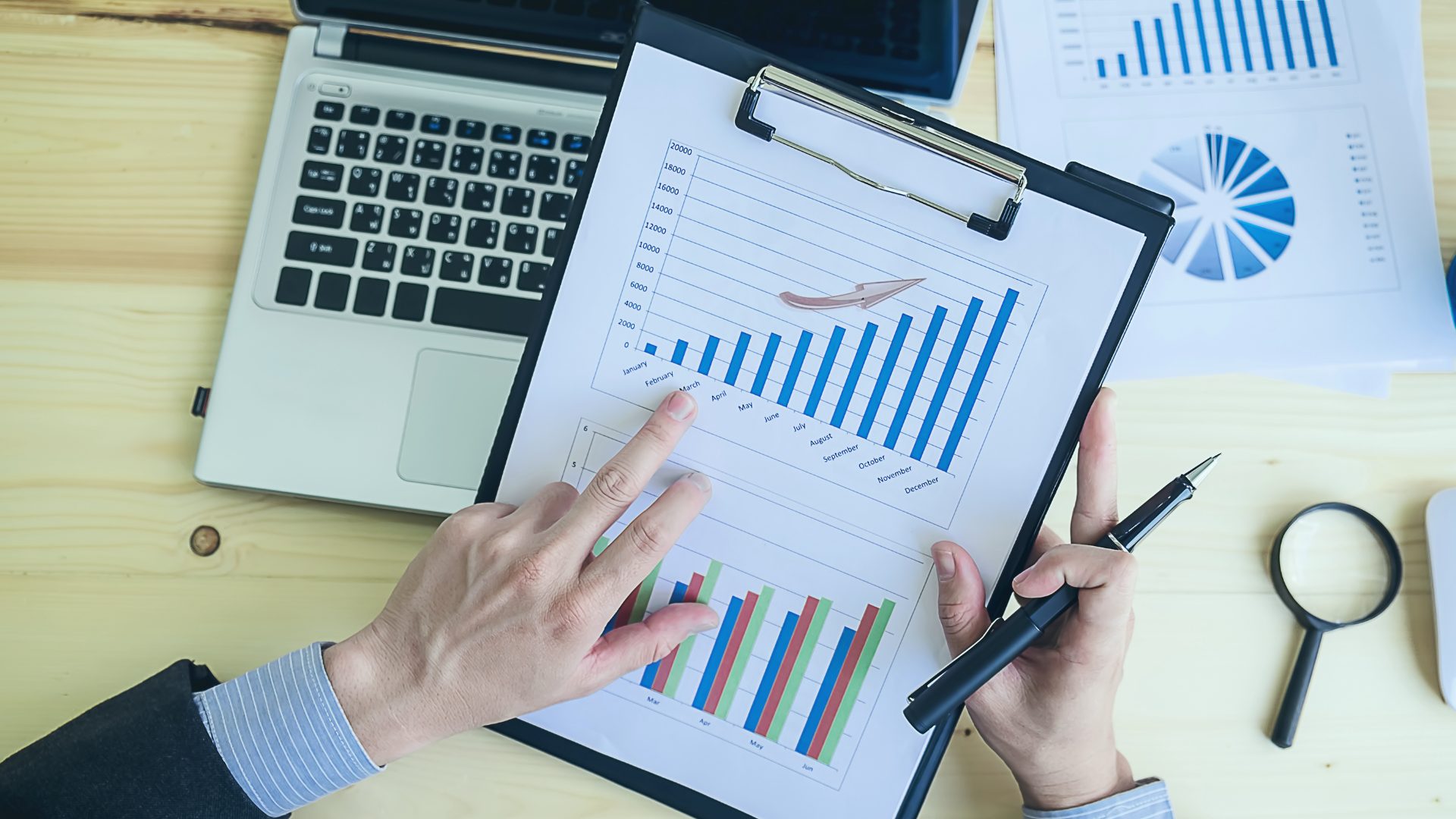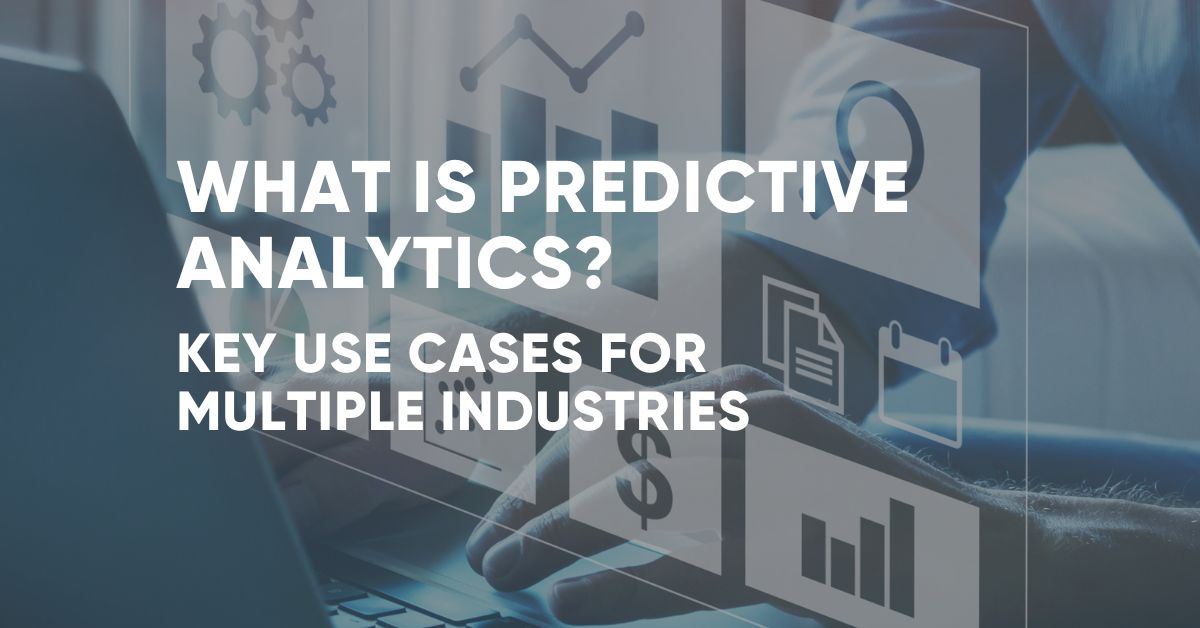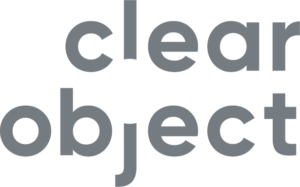What is Predictive Analytics?
Anticipating future events based on historical and real-time data, statistical algorithms, and machine learning

Predictive analytics is an advanced data analysis technique that leverages historical and real-time data, statistical algorithms, and machine learning to forecast future outcomes with a high degree of accuracy. By identifying hidden patterns and trends within large datasets, predictive analytics helps organizations make informed decisions, mitigate risks, and seize opportunities. This powerful tool enables businesses across various industries to anticipate future events and optimize strategies for better outcomes.
Artificial intelligence (AI) and predictive analytics are often confused. They are not the same, but they do share a symbiotic relationship. AI techniques, such as machine learning and deep learning, form the foundation of predictive analytics. These technologies enable systems to learn from data, detect intricate patterns, and make precise predictions, shaping a new era of data-driven innovation across industries.
Key Use Cases for Predictive Analytics
Organizations are already realizing tremendos benefits form integrating predictive analytics into their workstreams. The amount of data available to businesses is staggering, and human analysis takes time, oversight, and is prone to error and biases.
Leveraging the power of predictive analytics allows businesses across industries to quickly make strategic decisions based on all available information.

Manufacturing: Enhancing Operational Efficiency
Predictive analytics revolutionizes manufacturing by optimizing maintenance schedules and minimizing downtime. By analyzing sensor data from machinery and equipment, manufacturers can predict potential failures before they happen. This preventive approach improves operational efficiency, reduces maintenance costs, and ensures seamless production processes by reducing potential interruptions.

Retail: Personalized Customer Experiences
In the retail sector, predictive analytics drives personalized customer experiences through a deep understanding of customer preferences. By analyzing past purchase behaviors, browsing history, and demographic data, retailers can tailor product recommendations and targeted promotions. This leads to increased customer engagement, higher conversion rates, and strengthened brand loyalty.

Healthcare: Improving Patient Outcomes
Predictive analytics transforms healthcare by aiding in early diagnosis, treatment optimization, and patient management. By analyzing patient data, medical histories, and clinical trends, healthcare providers can predict disease risks and tailor treatment plans for individual patient outcomes. This proactive approach improves patient care, reduces hospital readmissions, and lowers healthcare costs.

Finance: Fraud Detection and Risk Management
In the financial industry, predictive analytics is utilized for fraud detection and risk assessment. By analyzing transaction patterns, historical data, and market trends, financial institutions can detect fraudulent activities in real time. Additionally, predictive models assess credit risks, enabling lenders to make informed decisions while mitigating potential losses.

Supply Chain Management: Demand Forecasting
Predictive analytics plays a vital role in supply chain management by enabling accurate demand forecasting. By analyzing historical sales data, seasonal patterns, and market trends, businesses can optimize inventory levels, reduce stockouts, and enhance overall supply chain efficiency.

The Relationship Between Predictive Analytics and AI
Predictive analytics and artificial intelligence (AI) are closely intertwined. AI technologies, such as machine learning and deep learning, play a pivotal role in enabling predictive analytics. These techniques allow systems to learn from data, identify patterns, and make accurate predictions. In essence, predictive analytics is a subset of AI that focuses on forecasting future events based on historical data. The synergy between predictive analytics and AI empowers organizations to harness the power of data for strategic decision-making, automation, and innovation across various sectors.
Why use Predictive Analytics?
Predictive analytics transcends traditional data analysis, allowing organizations to unlock valuable insights and anticipate future trends to stay ahead of the competition. Its applications in manufacturing, retail, healthcare, finance, supply chain management, and more, showcase its versatility and potential to transform businesses. With the integration of AI technologies, predictive analytics continues to redefine how businesses operate and interact with their customers.
Related Resources

